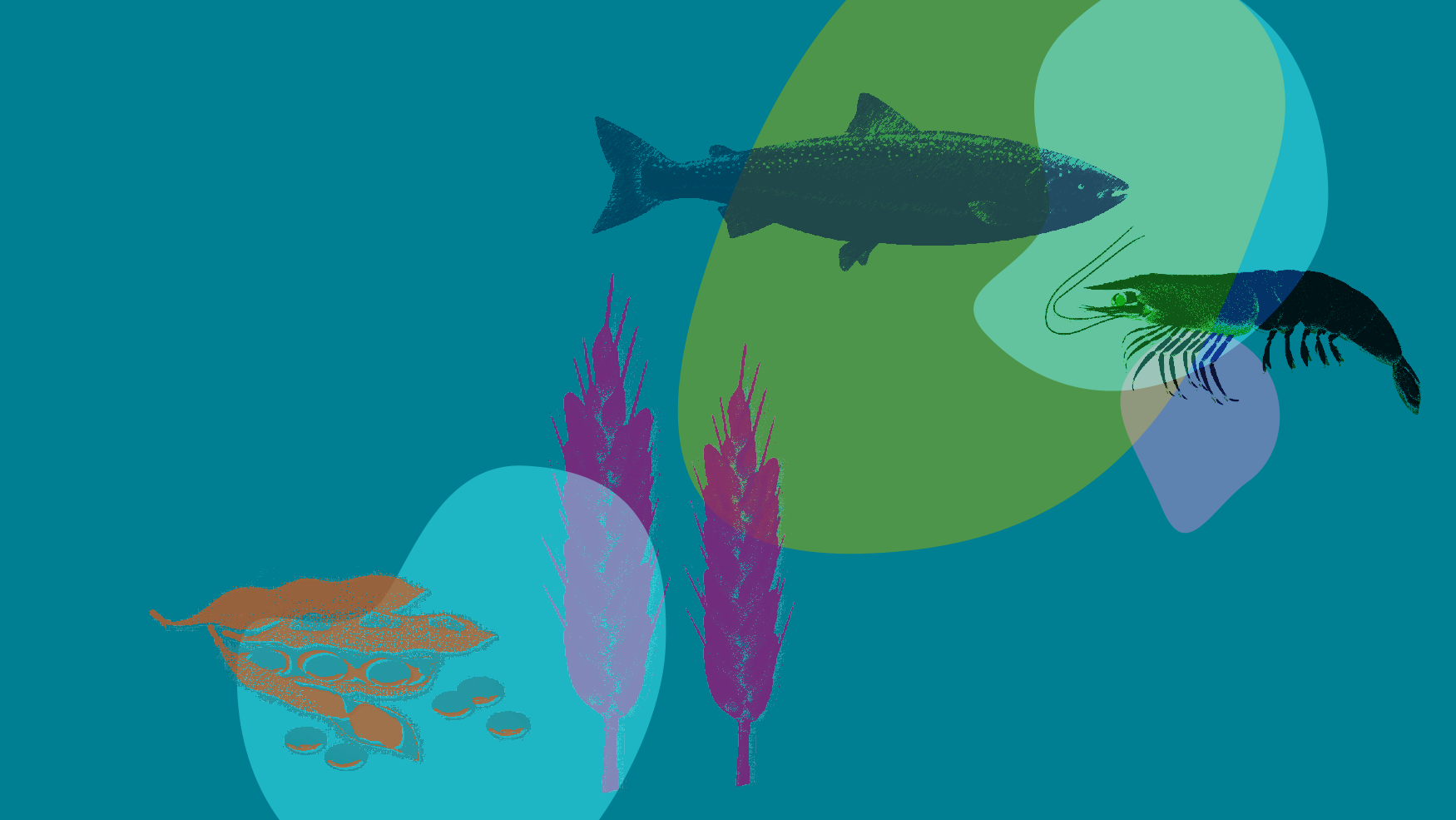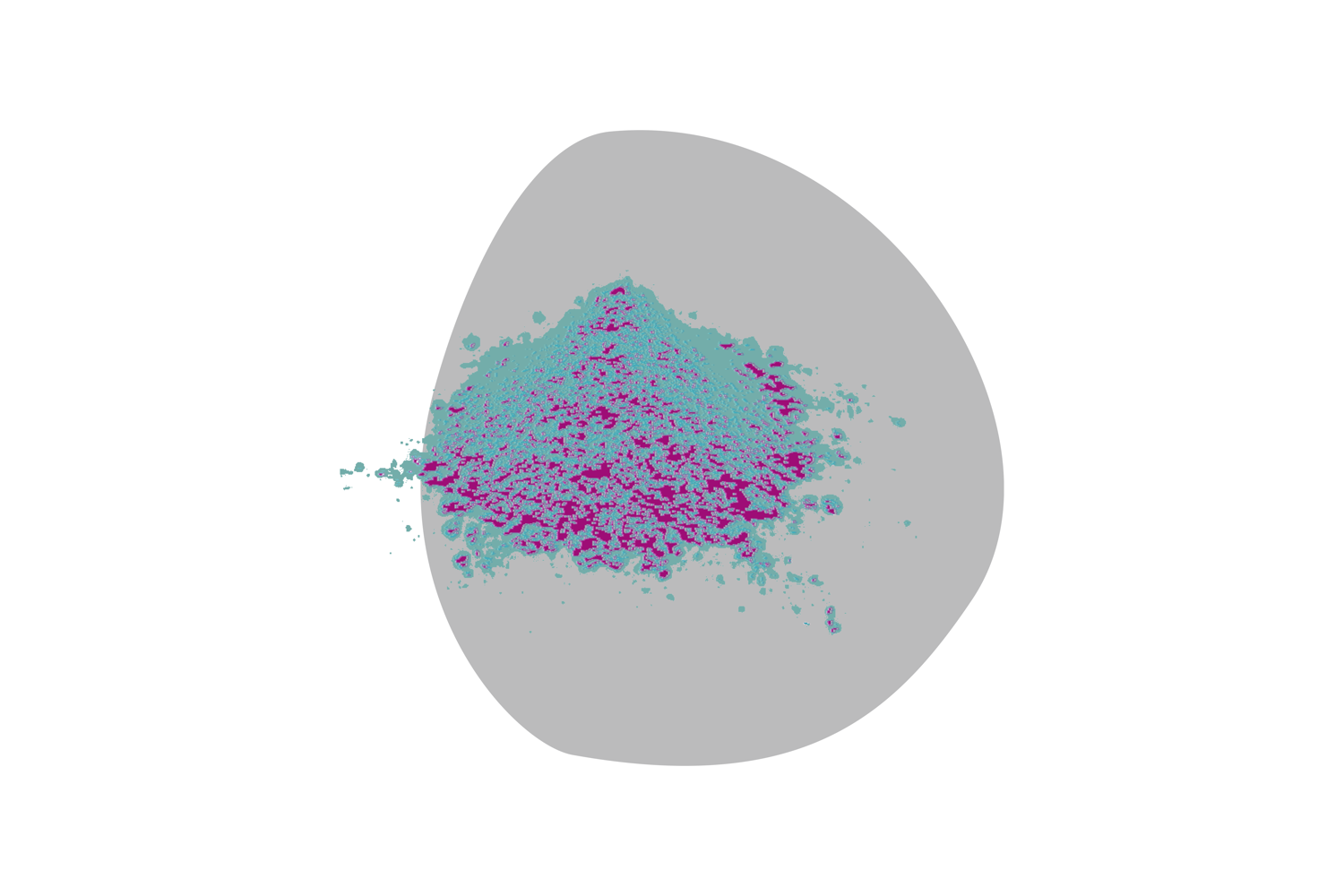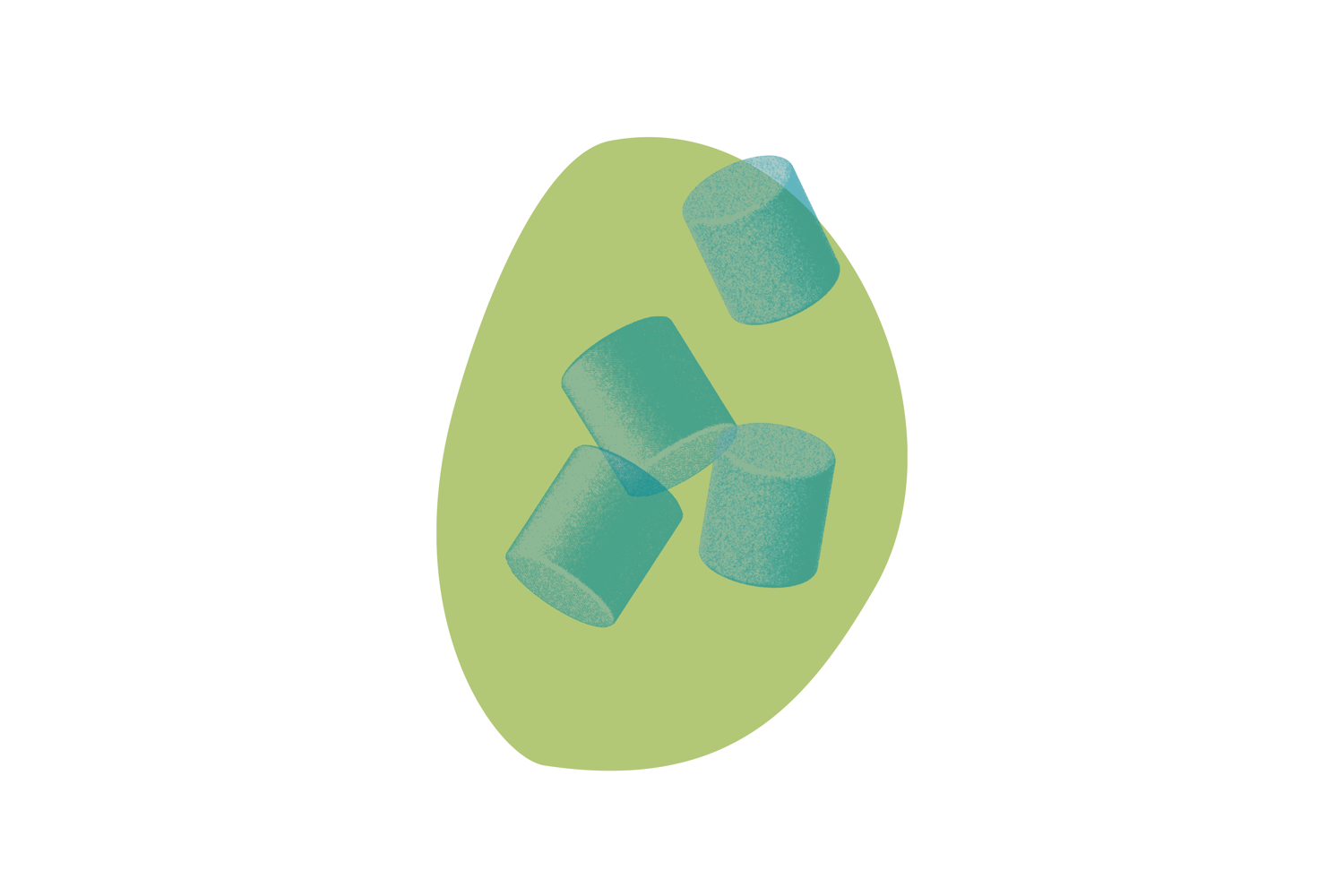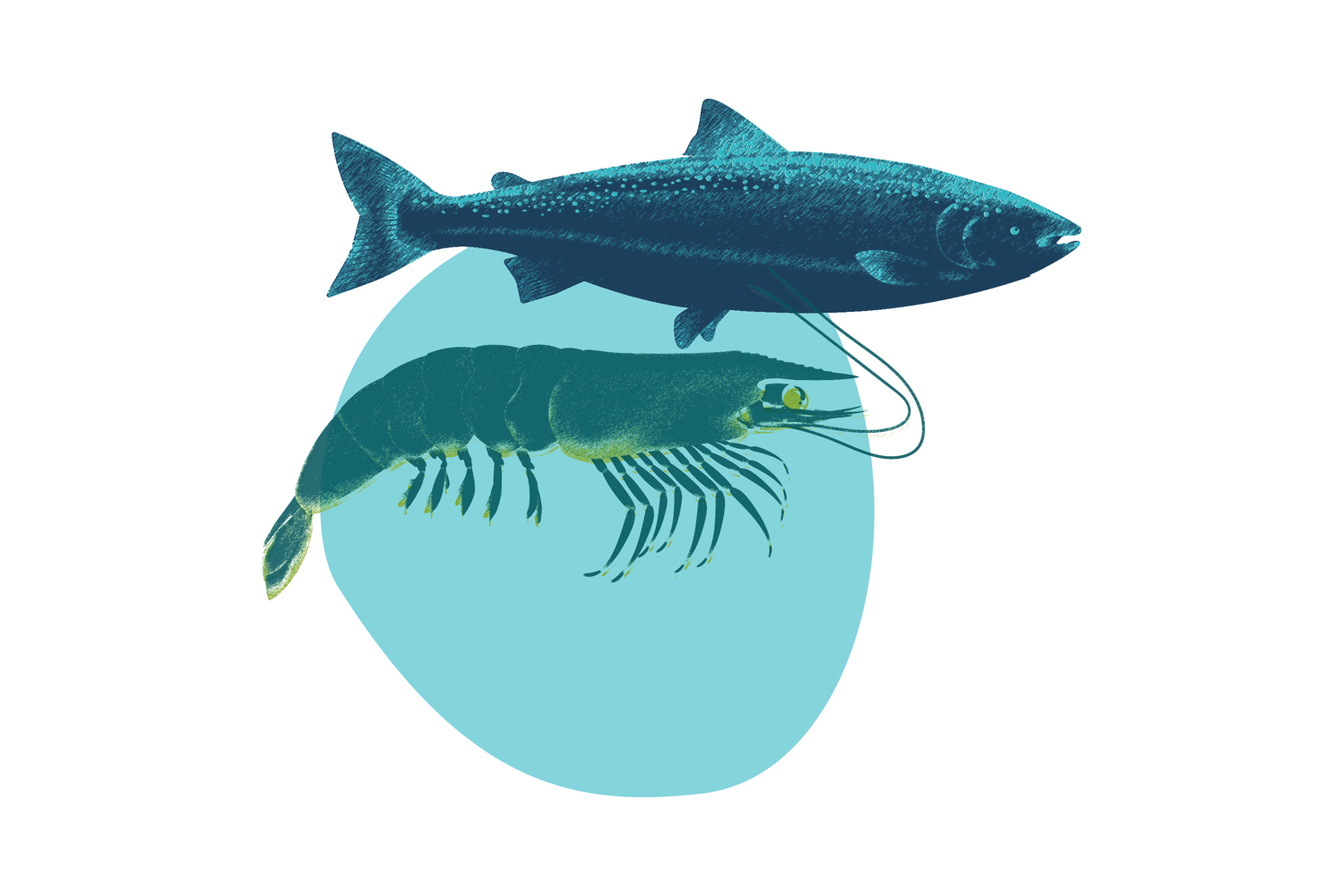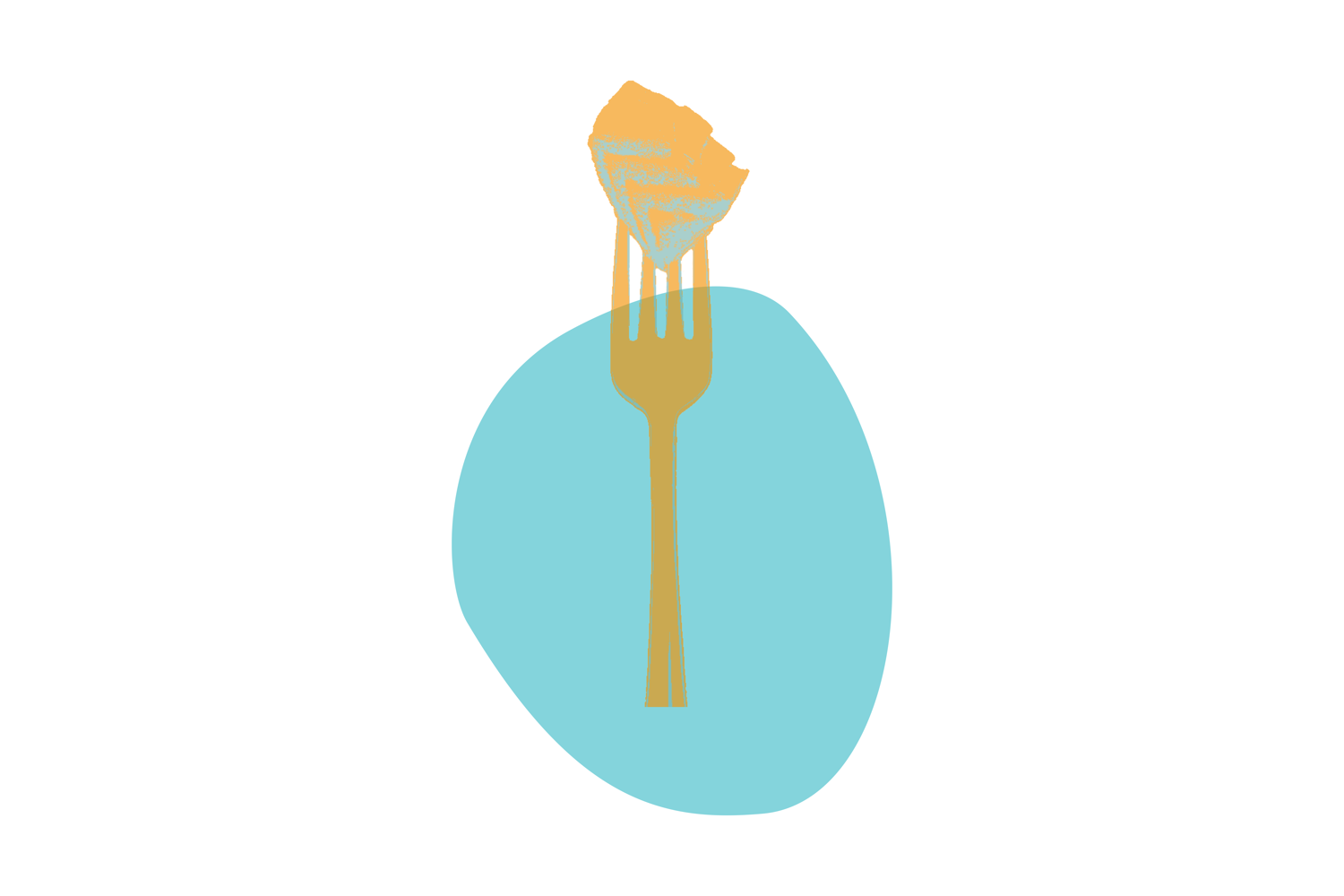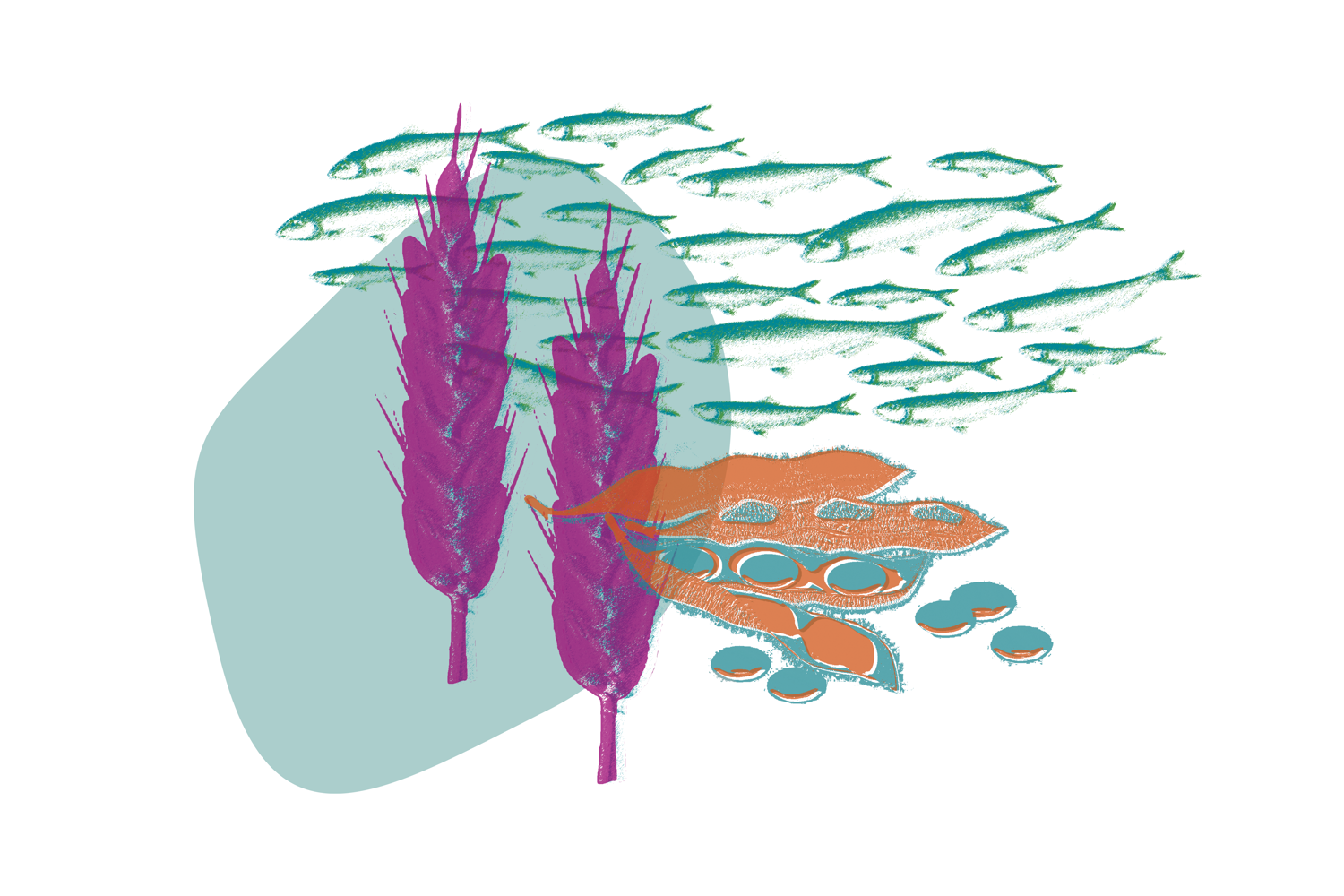
Agricultural crops, land farming and wild fisheries are directly and indirectly used for food, feed and energy. If not managed properly, primary producers of feed ingredients can contribute to a loss of biodiversity, climate change and human rights violations. We have been actively working on eliminating deforestation in our supply chain and setting up a reduction strategy for scope 3 GHG emissions caused to a significant extent by the production of primary raw materials.
